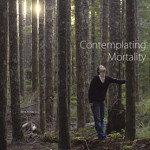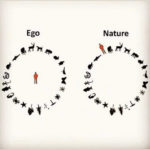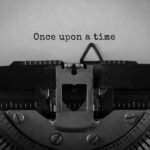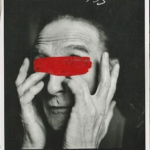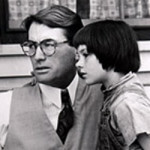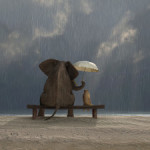
Austin Kleon wrote a great column this week on being able to play the fool – not in order to build intestinal fortitude but to live a full life. Enjoy…
Learn to Play the Fool
“It’s simple,” writes George Leonard in the “The Master and the Fool,” the epilogue of his book Mastery, “To be a learner, you’ve got to be willing to be a fool.”
“By fool, to be clear, I don’t mean a stupid, unthinking person, but one with the spirit of the medieval fool, the court jester, the carefree fool in the tarot deck who bears the awesome number zero, signifying the fertile void from which all creation springs, the state of emptiness that allows new things to come into being.”
“Consider for a moment,” he continues, “the learnings in life you’ve forfeited because your parents, your peers, your school, your society, have not allowed you to be playful, free, and foolish in the learning process.”
If you share a home with anybody long enough, eventually, you will be revealed to be the fool that you are. “Everybody plays the fool sometime / There’s no exception to the rule.” I think a happy home is one in which each member’s individual foolishness is tolerated, maybe even encouraged and developed, but, no matter what, loved. We all live with fools, and we must “suffer them gladly” in order to let them grow. And if we want to grow, we, too, must learn to play the fool, and suffer ourselves gladly.
In his book Charles Dickens, G.K. Chesterton writes:
“There is an apostolic injunction to suffer fools gladly. We always lay the stress on the word ‘suffer,’ and interpret the passage as one urging resignation. It might be better, perhaps, to lay the stress upon the word ‘gladly,’ and make our familiarity with fools a delight, and almost a dissipation. Nor is it necessary that our pleasure in fools (or at least in great and godlike fools) should be merely satiric or cruel. The great fool is he in whom we cannot tell which is the conscious and which the unconscious humour; we laugh with him and laugh at him at the same time. An obvious instance is that of ordinary and happy marriage. A man and a woman cannot live together without having against each other a kind of everlasting joke. Each has discovered that the other is not only a fool, but a great fool. This largeness, this grossness and gorgeousness of folly is the thing which we all find about those with whom we are in intimate contact; and it is the one enduring basis of affection, and even of respect.”
Emphasis mine. I love this passage, and I’ve been thinking about it for days. My own marriage is a comedy of survival, one of shared jokes and shared foolishness. My wife has let me be the fool I am to learn what I need to learn.
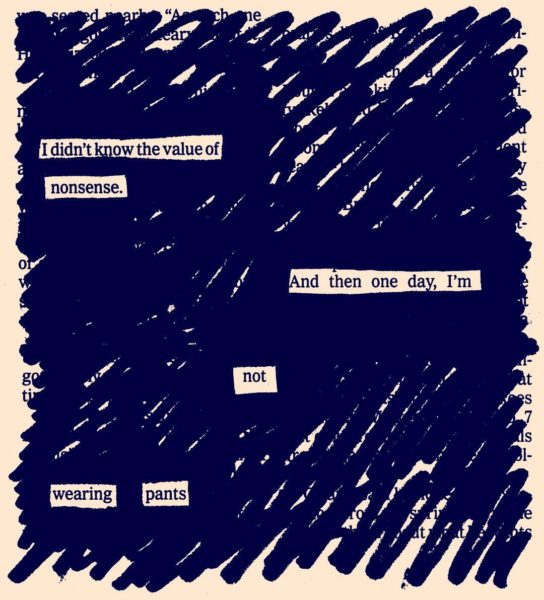
But nothing has taught me about the connection between learning and foolishness more than sharing a house for the past 8 years with my little pint-sized artists, who seem to show more creativity in one day than I do in a month.
Here is how Tom Vanderbilt puts it in his new book, Beginners: The Joy and Transformative Power of Lifelong Learning:
“Children, in a very real sense, have beginners’ minds, open to wider possibilities. They see the world with fresher eyes, are less burdened with preconception and past experience, and are less guided by what they know to be true. They are more likely to pick up details that adults might discard as irrelevant. Because they’re less concerned with being wrong or looking foolish, children often ask questions that adults won’t ask.”
“Beginner’s mind” is a reference to Suzuki’s wonderful book, Zen Mind, Beginner’s Mind, which I quoted in Show Your Work!: “In the beginner’s mind there are many possibilities, but in the expert’s there are few.”
In that book I also wrote that mastery isn’t enough for the searching life of the artist. “You can’t be content with mastery; you have to push yourself to become a student again.” (In some cases, literally: I’m thinking of Erik Satie, going back to the academy after he was already known as a composer.) And this starting over, or beginning again, learning something new, requires a willingness to look like a fool, or a “curious idiot.”
In one of his letters to Reginald Golding Bright collected in Advice to a Young Critic, the playwright George Bernard Shaw encouraged the aspiring writer to “resolutely” make a fool of himself:
“You say you are scarcely competent to write books just yet. That is just why I recommend you to learn. If I advised you to learn to skate, you would not reply that your balance was scarcely good enough yet. A man learns to skate by staggering about and making a fool of himself. Indeed he progresses in all things by resolutely making a fool of himself. You will never write a good book until you have written some bad ones.”
In any new venture, you must be willing to be bad for as long as it takes.
Elsewhere, when Shaw was asked how he became a great orator, he replied, “I learned to speak as men learn to skate or to cycle—by doggedly making a fool of myself until I got used to it.”
If you can resolutely, doggedly, learn to play the fool, you will learn how to learn again.
Austin Kleon is the New York Times bestselling author of a trilogy of illustrated books about creativity in the digital age: Steal Like An Artist, Show Your Work!, and Keep Going. He’s also the author of Newspaper Blackout, a collection of poems made by redacting the newspaper with a permanent marker. His books have been translated into dozens of languages and have sold over a million copies worldwide.






